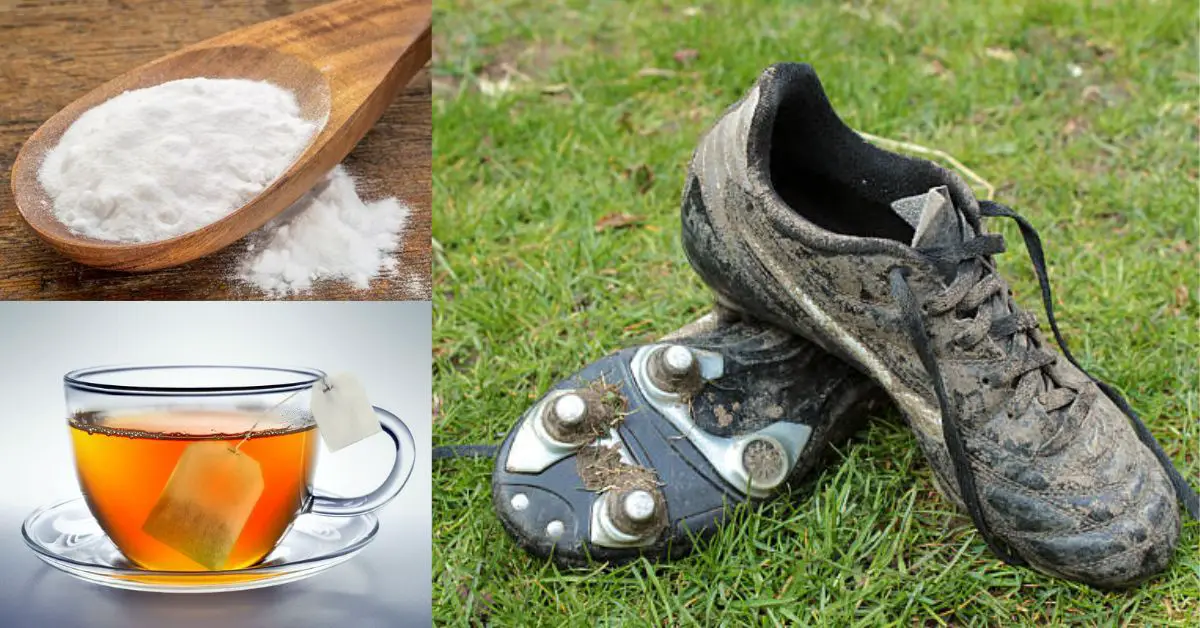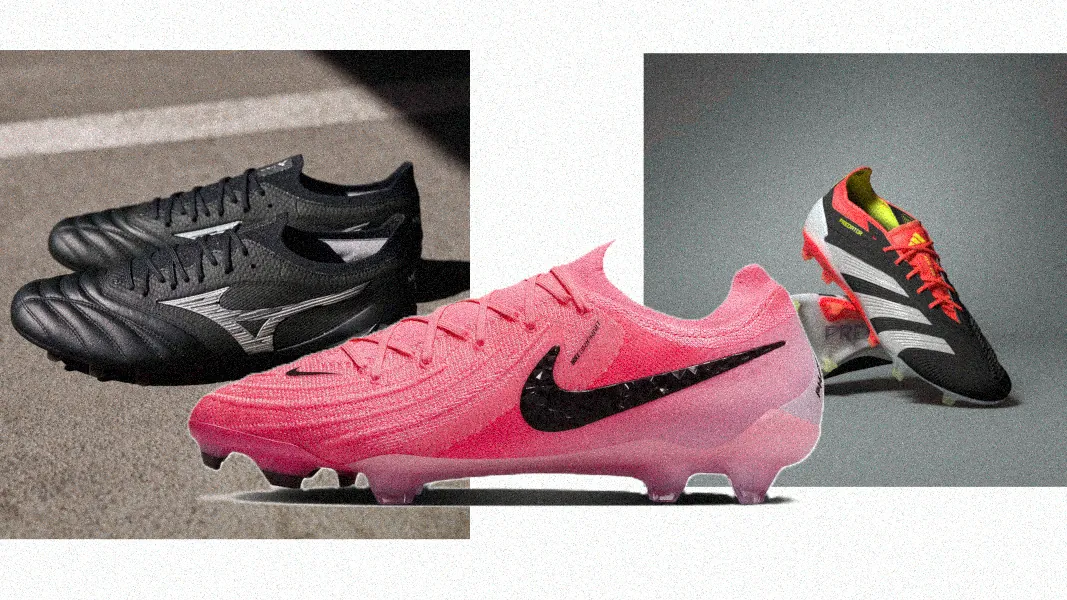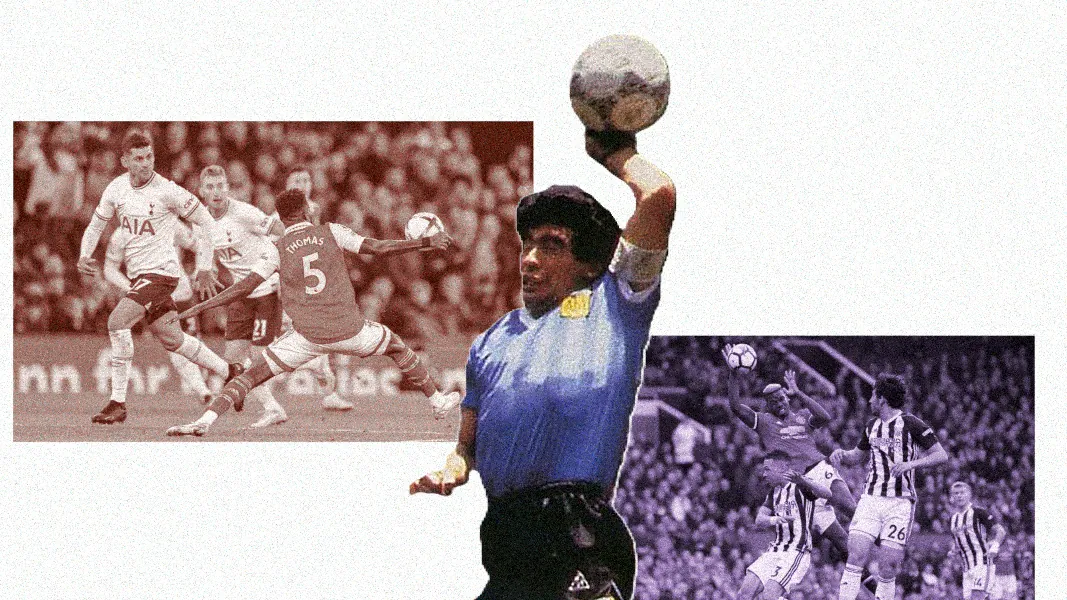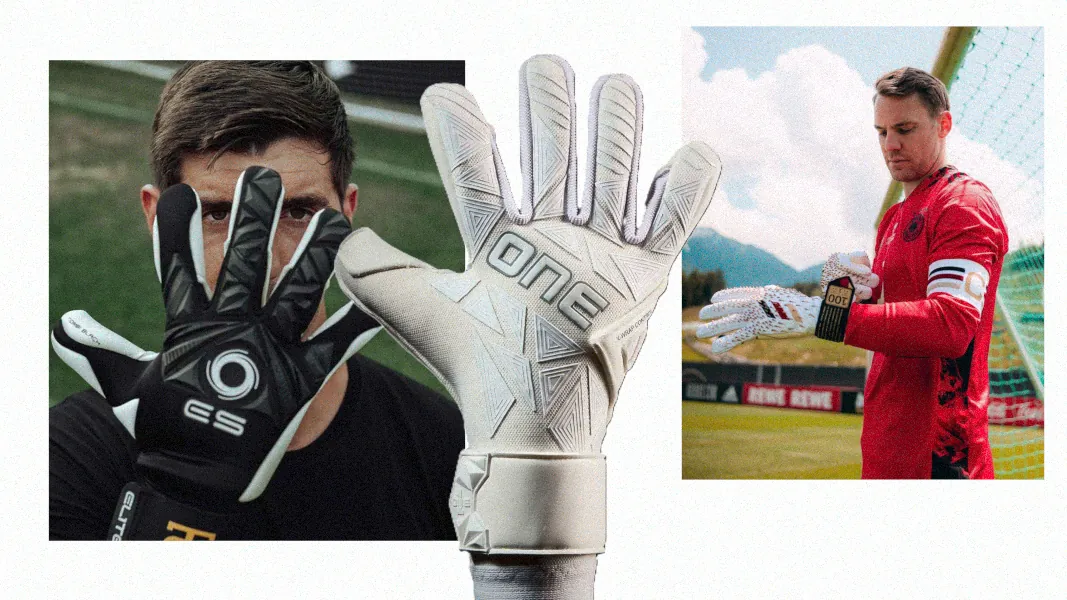There is nothing worse than smelly soccer cleats for soccer players. Casual fans and soccer fans are often looking for ways to get rid of the smell.
Don’t worry, we are here to answer How to wash your smelly soccer cleats and provide some additional tips to remove those hard smells from cleats.
Step-by-Step Washing Process
Properly cleaning and deodorizing smelly soccer cleats is essential for maintaining both hygiene and the longevity of your gear. Follow these steps to ensure your cleats are fresh and ready for the next game:
Remove Insoles and Laces
Before diving into the cleaning process, start by removing the insoles and laces from your soccer cleats. This initial step allows you to clean these components separately, ensuring a more thorough cleaning process. Insoles often accumulate sweat and odor, while laces can trap dirt and grime.
Scrape off Excess Dirt
Using a soft brush or an old toothbrush, gently scrape off any loose dirt, mud, or grass from the cleats. Pay careful attention to the nooks and crannies, such as the areas around the studs and any textured surfaces. Be gentle during this step to avoid damaging the cleat material.
Prepare a Cleaning Solution
Fill a basin or bucket with warm water. To create a cleaning solution, add a small amount of mild detergent or a specialized sports gear cleaner. It’s crucial to avoid using harsh chemicals or bleach, as they can damage the materials and strip away their protective coatings.
Soak and Clean
Submerge the cleats in soapy water, allowing the cleaning solution to penetrate the material. Use the soft brush or toothbrush to scrub away any remaining dirt, sweat, or odor. Focus on areas where grime tends to accumulate, including the soleplate, studs, and the interior of the shoe. A thorough cleaning in this step is key to eliminating odor-causing bacteria.
Rinse Thoroughly
After the cleaning process, rinse the cleats thoroughly with clean, warm water. Ensure that all traces of detergent are removed. Rinsing is essential to prevent any chemical residues that may irritate your skin or damage the cleat material over time.
Dry Properly
Once cleaned and rinsed, it’s time to let your cleats dry properly. Stuff them with newspaper or use shoe trees to help maintain their shape during the drying process. Place them in a well-ventilated area to air dry naturally.
Avoid exposing them to direct sunlight or heat sources, as excessive heat can warp or weaken the materials. Drying may take 12-18 hours, so be patient and allow them to air out completely.
Extra Tips to Remove Smell
While the step-by-step process outlined above is effective at cleaning and deodorizing your soccer cleats, sometimes a little extra effort is needed to combat stubborn odors. Here are some additional tips to ensure your cleats are odor-free and fresh:
Baking soda
Even after cleaning, some lingering odors may persist. An excellent way to combat this is by using baking soda. Simply sprinkle a generous amount of baking soda inside your cleats and leave them overnight.
Alternatively, mix equal parts baking soda, baking powder, and cornstarch, place this blend in a cotton sock, and leave it in your cleats overnight—an effective home remedy for smelly cleats.
Baking soda is a natural odor absorber that can help neutralize unpleasant smells. The next day, shake out the excess baking soda, and your cleats should smell significantly better.
Use Odor-Fighting Products
Consider investing in specialized odor-fighting products or inserts designed specifically for sports shoes. These products are often made with materials that actively combat bacteria and absorb odors. They can be placed inside your cleats when not in use, ensuring a fresher smell every time you put them on.
Alternate Cleats
If you play soccer regularly and have multiple pairs of cleats, try rotating them. Alternating between cleats allows each pair to dry thoroughly between uses, reducing the chances of moisture buildup and bacterial growth, which contribute to odors.
Proper Sock Hygiene
The socks you wear during games and practices also play a significant role in preventing odors. Make sure you wear clean, moisture-wicking socks that help keep your feet dry. After each use, wash your soccer socks promptly to prevent bacteria and odors from transferring to your cleats.
Sunlight and Fresh Air
Occasionally, expose your cleats to sunlight and fresh air. Sunlight has natural antibacterial properties and can help kill odor-causing bacteria. However, avoid prolonged exposure to direct sunlight, as it can affect the color and materials of your cleats.
Store Cleats Properly
When your cleats are not in use, store them in a cool, dry place. Avoid leaving them in a damp sports bag or locker, as moisture can encourage bacterial growth and odors.
Antibacterial Soap
Utilizing antibacterial soap presents itself as another viable option you might want to explore.
Soap proves to be efficient in odor elimination. The innate porous characteristics of soap, coupled with its antibacterial properties, will aid in diminishing the odor emanating from your cleats.
Teabags
Teabags may come as an unexpected yet effective inclusion in these suggestions. They are particularly adept at eradicating the bacteria responsible for the unpleasant odor in your cleats.
Scientific studies conducted over time have revealed that the tannins found in black tea possess the ability to efficiently eliminate odor-causing bacteria.
Baking Soda
Baking soda excels in absorbing unpleasant odors and revitalizing shoe freshness. Simply sprinkle a tablespoon of it inside your shoes, then let your cleats sit overnight. Brush away the baking soda in the morning or before your next wear.
Following these above tips will help you wash away the smell from your soccer cleats.
FAQs
To eliminate odors from cleats, start by removing insoles and laces. Then, scrub them with warm, soapy water using a soft brush. Rinse thoroughly and let them air dry. Additionally, you can use baking soda or specialized odor-fighting products to further deodorize.
It’s generally not recommended to put soccer cleats in a washing machine, as the agitating motion and heat can damage the materials. Hand cleaning is the preferred method to ensure the cleats remain in good condition.
To soak soccer cleats, fill a basin or bucket with warm, soapy water (mild detergent or sports gear cleaner). Submerge the cleats in the solution and let them soak for about 15-20 minutes. Afterward, follow the cleaning process mentioned in detail.
While you can significantly reduce and control odors in shoes, it’s challenging to completely eliminate the smell, especially if the bacteria causing the odor have penetrated deep into the shoe materials. Regular cleaning, airing, and using odor-fighting products can help keep shoes fresh.
Yes, you can wash smelly cleats. Follow a thorough cleaning process involving scrubbing with warm, soapy water, rinsing, and proper drying. Additional steps like using baking soda or odor-fighting products can further help in removing and preventing odors.
Related Articles on Soccer Cleats
Can Soccer Cleats Be Used for Football?











